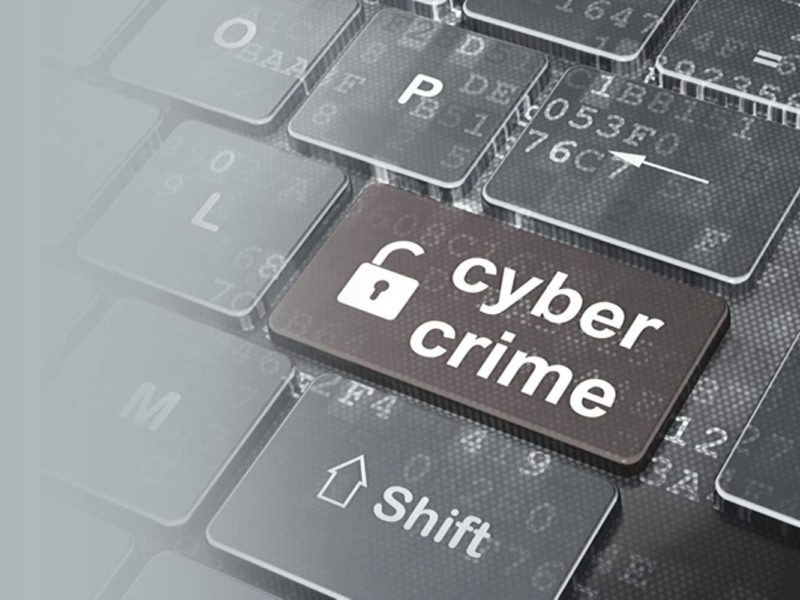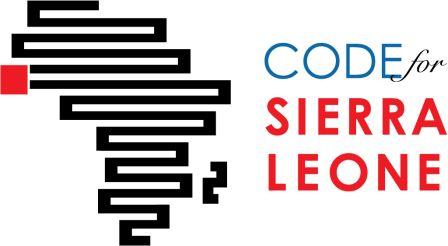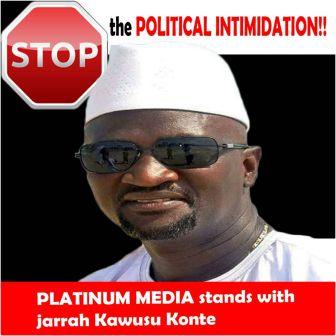The Sierra Leone media’s role in the November 2012 elections
Someone needs to say to the media- STOP- the outrageous bickering and continue to serve the people of Sierra Leone. This culture of confrontation with the sleazy personal attacks on national radios by some notable journalists remains a dark chapter in the world of mass communication. It will never advance the struggle for economic justice and improve the working climate for journalists in our modern democracy. Today, the media has an important role to play than at any time in our nation’s history as we take the less traveled road to a sustainable democratic path in Africa.
The Sierra Leone Association of Journalists (SLAJ) bears a serious responsibility to build a consensus platform among aggrieved parties and sanctioned them to follow the media’s ethical code of practice. While the Independent Media Commission (IMC) is the mandated body that oversees the activities of the media, SLAJ must find new ways to reorganize itself, invoke its journalistic relevance and continue to maintain the integrity of the profession.
Indeed, the profession has been sadly overtaken by some lavish praise-singing journalists who seek to protect corrupt politicians from scandals and accusations of improprieties. There are others who have become ineptly blind to the cry for justice by the populace in the wake of the searching for truth and justice. Increasingly, the media has been invaded by obstructionist politicians who only care about their public image rather than the future of Sierra Leone.
By the way, it time for journalists to stay politically neutral and professionally independent in carrying out their sacred duties of reporting and framing the national conversations in the most objective way possible. And, it starts with the colossal effort of building and strengthening the organization that holds the principles of ethical journalism and the attitude of reporting or broadcasting events in its original and unbiased form.
Journalists can compromise the good reputation of their profession if they are supporting one political party against the other for whatever lesser or greater reasons best known to them. Also, when journalists fail to respect the authority of those running the affairs of the governing body, it undermines the relevancy and effectiveness of the organizations. SLAJ must continue to be an institution that caters to the needs of journalists who are serious about practicing journalism in the most ethical, descent and professional manner.
Any organization, where some of its members, spends more time fighting about ego-centric agendas rather than a strategic goal and a value mission is vehemently doom to fail. The struggle for the rights of journalists, the enactment of the freedom of information act and freedom of the press must be some of the immediate goals of the Sierra Leone Association of Journalists. It must not become a play ground for a proxy war orchestrated by ill-intentioned people from different political parties. SLAJ must continue to fight against the conditions that divide them- both the external forces and the demons which are the mentality of a crab in the barrel syndrome- pulling down anyone who wants to move up and make progress for the good of society.
And the role of the media in the November 17, 2012 election is a crucial one if democracy is to prevail in Sierra Leone. A diverse, free and professional media institution will actualizes the right to freedom of expression- a right critical in any credible elections. As Sierra Leone works to consolidate its democratization process, journalists must understand that their obligations are part of ensuring that citizens are: informed about what is happening, that they are able to analyze events in an unbiased and objective manner, that they serve as a watch dog against irregularities and violation of election laws while providing an open forum for debate and discussions.
To play these key roles, the media needs to be free from undue interference and powerful forces such as government and party control, policy and regulatory control, the influence of funding and financing , while at the same time performing their duties within the scope of public interest. Through factual news stories, the media must inform citizens accurately about date and locations of polling stations, time when polling stations will be open, documents needed to vote and nature of the election depending on the electoral system.
The media with the coordination of the National Electoral Commission (NEC) must collectively perform a voter education role especially for illiterate voters who need to know about the procedures of voting and the ballot paper, the importance of secrecy of the ballot and their constitutional rights to vote. The media must inform citizens about the candidates and political parties contesting the election and analyzing the manifestoes or programs of the parties. They media and journalists must assess the public records of political candidates by providing a well-researched reporting and the impact such national credentials or accomplishments will bring to Sierra Leone.
Indeed, democracy is best served when candidates are willing to participate to open debate and discussion which exposes individuals and groups of different or opposing ideas, view points and belief system. And decisions or choices made with the benefit of open debate by candidates at Presidential, Parliamentary and local levels have a higher probability of being rational and consequential. Such political activities contribute to building a tolerant society without which democracy is not possible. Presidential debates must therefore be an integral part of the election process in Sierra Leone.
Furthermore, educating the media about the electoral procedures and processes will influence quality reporting. Like other public institutions such as the police, military and security agencies, the media must be acquainted with the electoral laws and it specific application on criminal and public order laws. On the other hand, they must protect the credibility of the electoral process by becoming transparent in their action and co-operating with authorities established to oversee the election- National Electoral Commission (NEC).
The daunting challenges of the media today are: avoiding the presence of undue influence of the ownership dynamics where editorials are political motivated and not independent to reflecting the views of the general public, arrogantly becoming a surrogate opposition for the under- dog parties instead of being a neutral body and failing to serve as watch dog group against dilemmas posed by the strong and dominant ruling party. These are the insurmountable barriers to a credible and transparent media institution in Sierra Leone.
For the 2012 elections, the media and journalists will be the harbingers of truth to power, the maverick of a new age of enlightenment and perhaps an institution that will transform itself as the bastion of hope for a new generation. The Sierra Leone Association of Journalists (SLAJ) with its many outstanding journalists across the nation is a promising organization that represents one of the strongest pillars of our great democracy. We must protect it and not destroy something that is good for our future. Their role in this election will determine what they will mean to the average Sierra Leonean tomorrow. Journalists should not sit and allow posterity to judge them wrongly; they must be part of history by creating one.
Source: The role of the media in Elections- Professor Tawana Kupe University of the Witwatersrand, Johannesburg, South Africa.
By Mohamed C. Bah- Atlanta, GA-USA
Stay with Sierra Express Media, for your trusted place in news!
© 2012, https:. All rights reserved.





